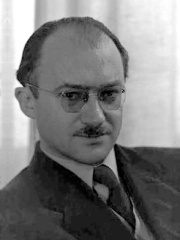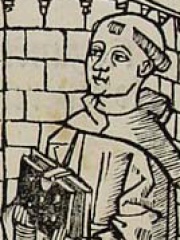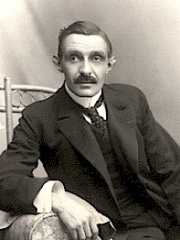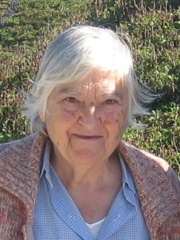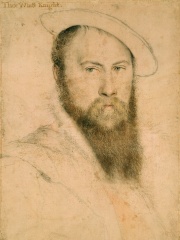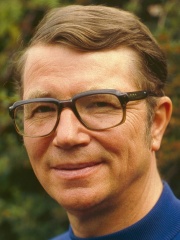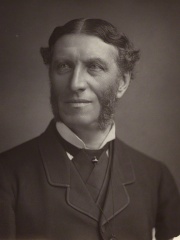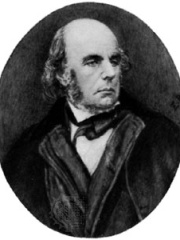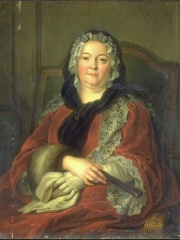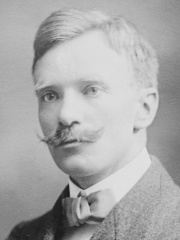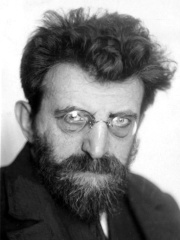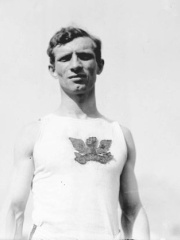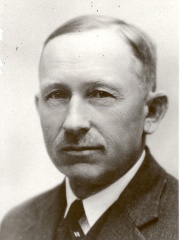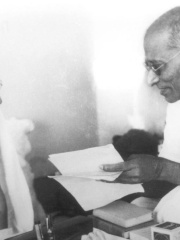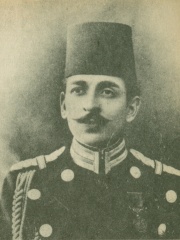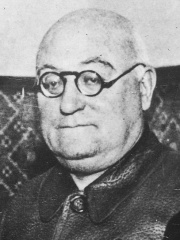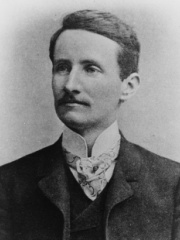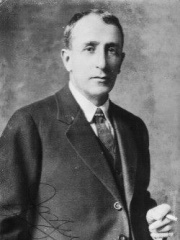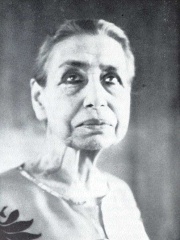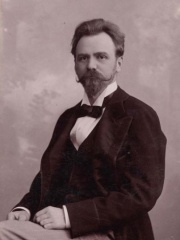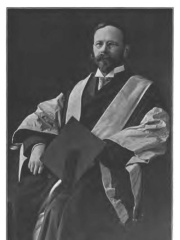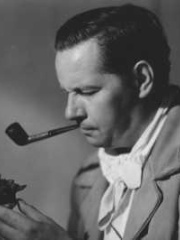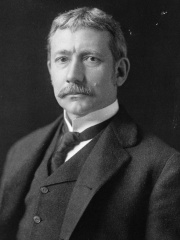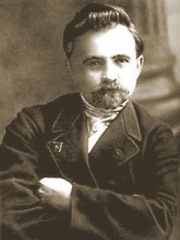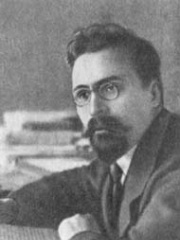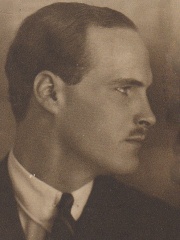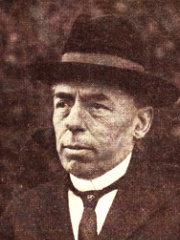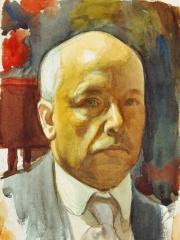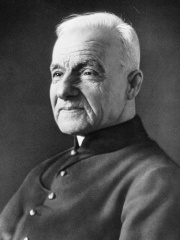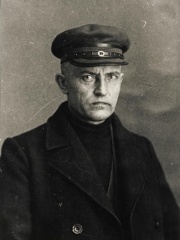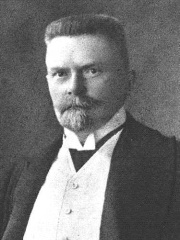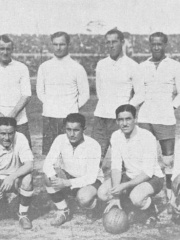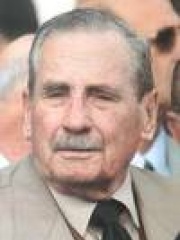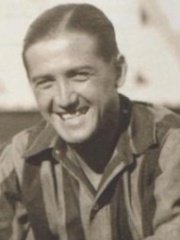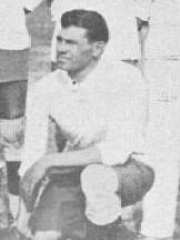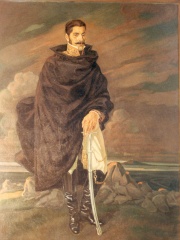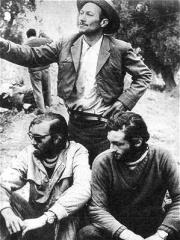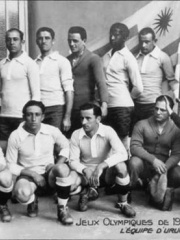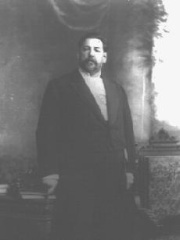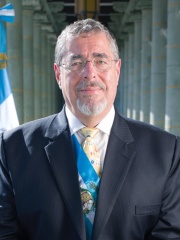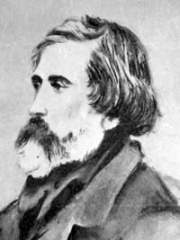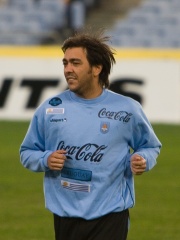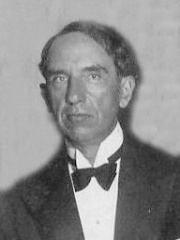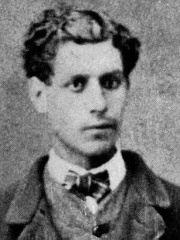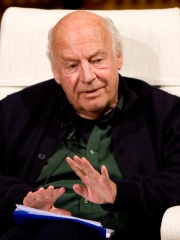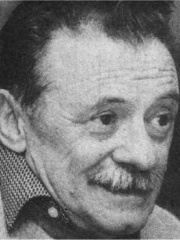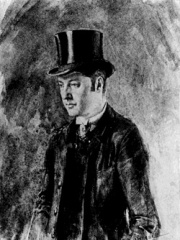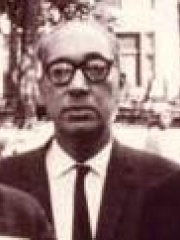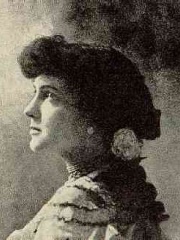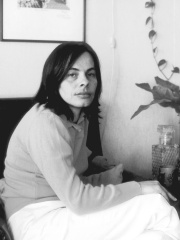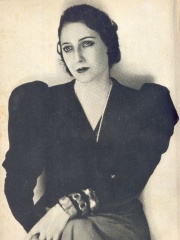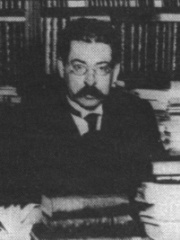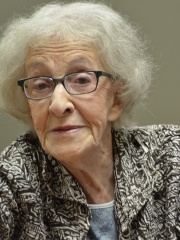Writer
Horacio Quiroga
1878 - 1937
EN.WIKIPEDIA PAGE VIEWS (PV)
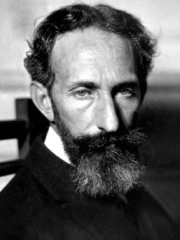
 Horacio Quiroga
Horacio Quiroga
His biography is available in 30 different languages on Wikipedia. Horacio Quiroga is the 2,265th most popular writer (down from 2,004th in 2024), the 44th most popular biography from Uruguay (down from 40th in 2019) and the 6th most popular Uruguayan Writer.
Memorability Metrics
Page views of Horacio Quiroga by language
Among Writers
Among writers, Horacio Quiroga ranks 2,265 out of 7,302. Before him are Abraham Sutzkever, Francesc Eiximenis, Herman Bang, Ibn Taghribirdi, Etel Adnan, and Thomas Wyatt. After him are Colin Wilson, Erin Hunter, Janus Pannonius, Matthew Arnold, Edward FitzGerald, and Claudine Guérin de Tencin.
Most Popular Writers in Wikipedia
Go to all RankingsAbraham Sutzkever
1913 - 2010
HPI: 62.45
Rank: 2,259
Francesc Eiximenis
1330 - 1409
HPI: 62.44
Rank: 2,260
Herman Bang
1857 - 1912
HPI: 62.44
Rank: 2,261
Ibn Taghribirdi
1410 - 1470
HPI: 62.43
Rank: 2,262
Etel Adnan
1925 - 2021
HPI: 62.43
Rank: 2,263
Thomas Wyatt
1503 - 1542
HPI: 62.43
Rank: 2,264
Horacio Quiroga
1878 - 1937
HPI: 62.43
Rank: 2,265
Colin Wilson
1931 - 2013
HPI: 62.43
Rank: 2,266
Erin Hunter
HPI: 62.42
Rank: 2,267
Janus Pannonius
1434 - 1472
HPI: 62.42
Rank: 2,268
Matthew Arnold
1822 - 1888
HPI: 62.41
Rank: 2,269
Edward FitzGerald
1809 - 1883
HPI: 62.41
Rank: 2,270
Claudine Guérin de Tencin
1682 - 1749
HPI: 62.40
Rank: 2,271
Contemporaries
Among people born in 1878, Horacio Quiroga ranks 91. Before him are Paul Hazard, Erich Mühsam, Myer Prinstein, Anton Hansen Tammsaare, C. Rajagopalachari, and Şehzade Mehmed Abdülkadir. After him are José Miaja, Walther Ritz, John Rimmer, Jorge Ubico, Wallace Hartley, and Mirra Alfassa. Among people deceased in 1937, Horacio Quiroga ranks 69. Before him are Jenő Hubay, F. C. S. Schiller, Richard Boleslawski, Elihu Root, Yevgeni Preobrazhensky, and Lev Karakhan. After him are Georg Donatus, Hereditary Grand Duke of Hesse, Josep Comas i Solà, Eero Järnefelt, André Bessette, Jaan Anvelt, and Karel Kramář.
Others Born in 1878
Go to all RankingsPaul Hazard
WRITER
1878 - 1944
HPI: 62.77
Rank: 85
Erich Mühsam
WRITER
1878 - 1934
HPI: 62.72
Rank: 86
Myer Prinstein
ATHLETE
1878 - 1925
HPI: 62.70
Rank: 87
Anton Hansen Tammsaare
WRITER
1878 - 1940
HPI: 62.54
Rank: 88
C. Rajagopalachari
SOCIAL ACTIVIST
1878 - 1972
HPI: 62.50
Rank: 89
Şehzade Mehmed Abdülkadir
POLITICIAN
1878 - 1944
HPI: 62.49
Rank: 90
Horacio Quiroga
WRITER
1878 - 1937
HPI: 62.43
Rank: 91
José Miaja
MILITARY PERSONNEL
1878 - 1958
HPI: 62.38
Rank: 92
Walther Ritz
PHYSICIST
1878 - 1909
HPI: 62.32
Rank: 93
John Rimmer
ATHLETE
1878 - 1962
HPI: 62.30
Rank: 94
Jorge Ubico
POLITICIAN
1878 - 1946
HPI: 62.26
Rank: 95
Wallace Hartley
MUSICIAN
1878 - 1912
HPI: 62.11
Rank: 96
Mirra Alfassa
WRITER
1878 - 1973
HPI: 61.74
Rank: 97
Others Deceased in 1937
Go to all RankingsJenő Hubay
MUSICIAN
1858 - 1937
HPI: 62.89
Rank: 63
F. C. S. Schiller
PHILOSOPHER
1864 - 1937
HPI: 62.74
Rank: 64
Richard Boleslawski
FILM DIRECTOR
1889 - 1937
HPI: 62.73
Rank: 65
Elihu Root
POLITICIAN
1845 - 1937
HPI: 62.72
Rank: 66
Yevgeni Preobrazhensky
POLITICIAN
1886 - 1937
HPI: 62.67
Rank: 67
Lev Karakhan
POLITICIAN
1889 - 1937
HPI: 62.49
Rank: 68
Horacio Quiroga
WRITER
1878 - 1937
HPI: 62.43
Rank: 69
Georg Donatus, Hereditary Grand Duke of Hesse
POLITICIAN
1906 - 1937
HPI: 62.13
Rank: 70
Josep Comas i Solà
ASTRONOMER
1868 - 1937
HPI: 62.11
Rank: 71
Eero Järnefelt
PAINTER
1863 - 1937
HPI: 62.07
Rank: 72
André Bessette
RELIGIOUS FIGURE
1845 - 1937
HPI: 61.90
Rank: 73
Jaan Anvelt
POLITICIAN
1884 - 1937
HPI: 61.88
Rank: 74
Karel Kramář
POLITICIAN
1860 - 1937
HPI: 61.84
Rank: 75
In Uruguay
Among people born in Uruguay, Horacio Quiroga ranks 44 out of NaN. Before him are Ernesto Mascheroni (1907), Gregorio Conrado Álvarez (1925), Peregrino Anselmo (1902), Santos Iriarte (1902), Manuel Oribe (1792), and Nando Parrado (1949). After him are Santos Urdinarán (1900), José Batlle y Ordóñez (1856), Bernardo Arévalo (1958), Venancio Flores (1808), Álvaro Recoba (1976), and Jules Supervielle (1884).
Others born in Uruguay
Go to all RankingsErnesto Mascheroni
SOCCER PLAYER
1907 - 1984
HPI: 63.44
Rank: 38
Gregorio Conrado Álvarez
POLITICIAN
1925 - 2016
HPI: 63.41
Rank: 39
Peregrino Anselmo
SOCCER PLAYER
1902 - 1975
HPI: 63.00
Rank: 40
Santos Iriarte
SOCCER PLAYER
1902 - 1968
HPI: 62.95
Rank: 41
Manuel Oribe
POLITICIAN
1792 - 1857
HPI: 62.67
Rank: 42
Nando Parrado
PRESENTER
1949 - Present
HPI: 62.62
Rank: 43
Horacio Quiroga
WRITER
1878 - 1937
HPI: 62.43
Rank: 44
Santos Urdinarán
SOCCER PLAYER
1900 - 1979
HPI: 62.42
Rank: 45
José Batlle y Ordóñez
POLITICIAN
1856 - 1929
HPI: 62.29
Rank: 46
Bernardo Arévalo
POLITICIAN
1958 - Present
HPI: 62.18
Rank: 47
Venancio Flores
POLITICIAN
1808 - 1868
HPI: 62.14
Rank: 48
Álvaro Recoba
SOCCER PLAYER
1976 - Present
HPI: 61.97
Rank: 49
Jules Supervielle
WRITER
1884 - 1960
HPI: 61.89
Rank: 50
Among Writers In Uruguay
Among writers born in Uruguay, Horacio Quiroga ranks 6. Before him are Comte de Lautréamont (1846), Eduardo Galeano (1940), Mario Benedetti (1920), Jules Laforgue (1860), and Juan Carlos Onetti (1909). After him are Jules Supervielle (1884), Delmira Agustini (1886), Cristina Peri Rossi (1941), Juana de Ibarbourou (1892), José Enrique Rodó (1871), and Ida Vitale (1923).
Comte de Lautréamont
1846 - 1870
HPI: 73.06
Rank: 1
Eduardo Galeano
1940 - 2015
HPI: 70.18
Rank: 2
Mario Benedetti
1920 - 2009
HPI: 65.25
Rank: 3
Jules Laforgue
1860 - 1887
HPI: 65.16
Rank: 4
Juan Carlos Onetti
1909 - 1994
HPI: 63.98
Rank: 5
Horacio Quiroga
1878 - 1937
HPI: 62.43
Rank: 6
Jules Supervielle
1884 - 1960
HPI: 61.89
Rank: 7
Delmira Agustini
1886 - 1914
HPI: 61.81
Rank: 8
Cristina Peri Rossi
1941 - Present
HPI: 60.33
Rank: 9
Juana de Ibarbourou
1892 - 1979
HPI: 59.77
Rank: 10
José Enrique Rodó
1871 - 1917
HPI: 58.77
Rank: 11
Ida Vitale
1923 - Present
HPI: 58.73
Rank: 12
